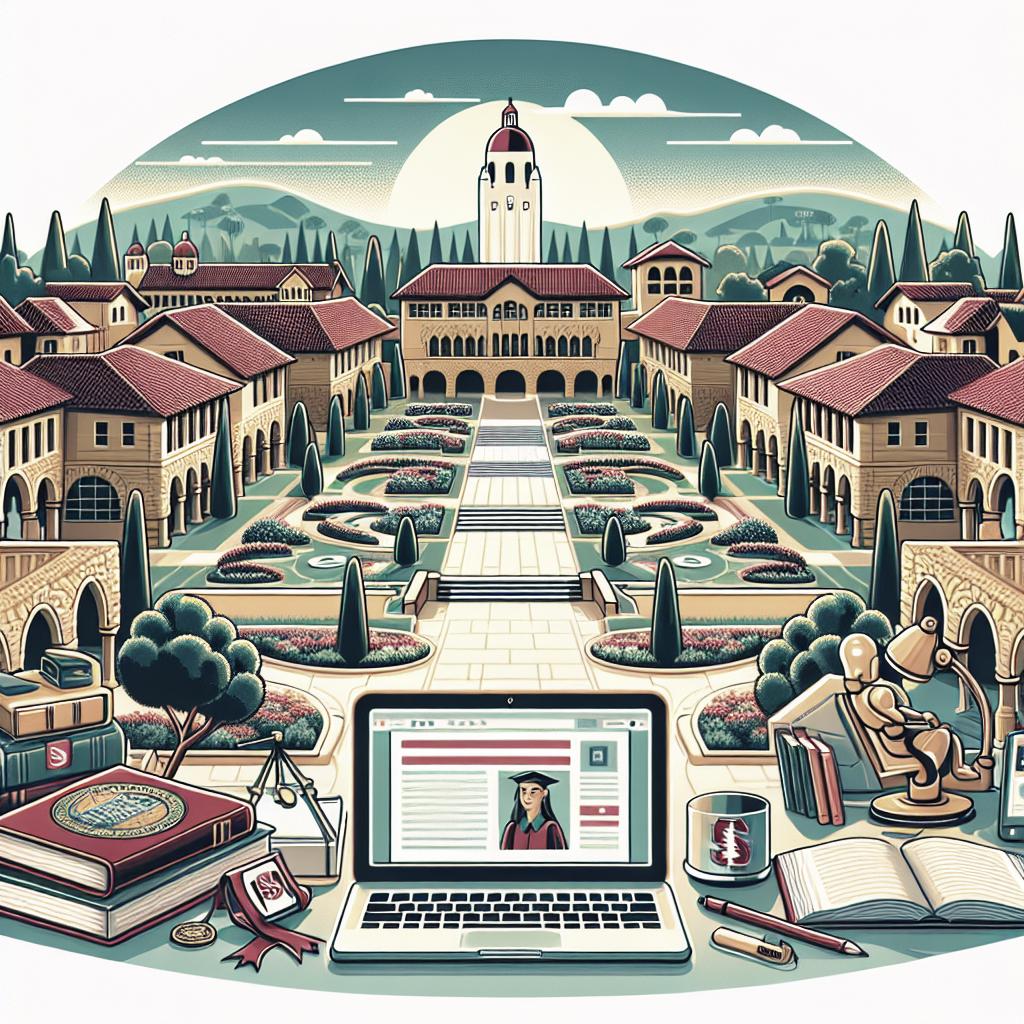“`html
Nick Carraway’s Perspective on the American Dream at the Start of “The Great Gatsby”
F. Scott Fitzgerald’s “The Great Gatsby” is much more than a simple story of love and deception; it’s a vivid reflection on the American Dream. Through the eyes of the narrator, Nick Carraway, readers are introduced to the novel’s main themes and ideas. At the beginning of the story, Nick holds a somewhat idealized vision of the American Dream, which is characterized by hope, success, and social mobility. However, as the narrative unfolds, his perception changes. This blog will analyze how Nick views the American Dream at the outset, examining his initial thoughts and feelings, while offering insights into the broader implications for the characters around him. Additionally, parallel influences in Hispanic American literature’s portrayal of love will be explored.
El amor en la literatura hispanoamericana
In Hispanic American literature, love often plays a central role, weaving its way through narratives with a complexity akin to the threads of fate. This manifestation of love can often be seen as a pursuit analogous to the American Dream—seeking fulfillment, joy, and sometimes tragedy. Characters are frequently ensnared in their own dreams and desires, which reflects the intricate dance between love and personal ambition.
Themes of love in Hispanic American literature often juxtapose the romantic ideals with harsh realities, much like Fitzgerald does with the pursuit of the American Dream. In stories by Gabriel García Márquez or Isabel Allende, love is not merely a personal feeling but a social commentary that resonates with cultural and existential undertones. This mirrors how Nick’s initial view of the American Dream is rooted in idealism before being confronted with the complexities underneath.
Moreover, Hispanic authors bring to the forefront the richness of emotional landscapes, which also acts as a metaphorical borderland between dreams and reality. These stories often delve into love’s capaciousness within different strata of society, hinting at the same disenchantment Nick experiences as he grapples with the idealized versus the actualized American Dream.
Nick’s Initial Idealism
At the beginning of “The Great Gatsby,” Nick Carraway arrives in New York with the prospects that reflect the typical American Dream—great hope for prosperity and happiness. He does not yet see the corruption lurking beneath the dazzling veneer of wealth. This is seen in his eagerness to reconnect with his cousin Daisy Buchanan and his fascination with the lavish lifestyle led by Jay Gatsby.
Nick’s early observations of West Egg and his new neighbors are tinged with both awe and criticism. His moral grounding, cultivated through his Midwestern upbringing, makes him an outsider to the extravagance he witnesses, yet he is not immune to its allure. Much of his initial idealism is tied to the potential he sees for success and transformation in this new environment, embodying the hopefulness associated with the American Dream.
In this way, Nick’s perspective aligns with the generalized belief in meritocracy and the transformative capacity of aspiration—a belief that holds sway over many characters both in “The Great Gatsby” and in Hispanic literatures dealing with love and ambition.
Hope and Disillusionment
Although Nick begins his experience in New York with hopeful eyes, he soon encounters the reality beneath the shimmering surface of the American Dream. His interactions with the other characters showcase how their lives are plagued by dissatisfaction, despite their wealth. In particular, Gatsby’s relentless pursuit of Daisy and the idealized past encapsulates the eventual disenchantment that characterizes much of Nick’s journey.
This progression from hope to disillusionment marks a parallel to many narratives within Hispanic American literature. Consider the forlorn but hopeful love depicted in such works as ‘Love in the Time of Cholera’ where enduring affection mingles with nostalgia and regret. Similarly, the initial hope for romantic fulfillment often meets the harsh consequences of reality.
Nick’s journey thus represents not only the erosion of his personal ideals but also a broader commentary on the universal themes of longing and reality found in diverse narratives, whether pursuing love or fulfillment in different forms.
Reflection Through Experience
Throughout “The Great Gatsby,” Nick evolves from a passive observer to a more critical commentator, grappling with his growing disillusionment. His role as both participant and observer in the unfolding drama allows him to meditate on the loss of innocence that comes with the nuanced understanding of the American Dream’s failure for those around him.
This internal reflection is a common trait in literature, emphasizing how personal experiences can lead to profound insights. In Hispanic American literature, narrators frequently embark on similar journeys, contemplating the complex dynamics of love, identity, and destiny. For Nick, understanding Gatsby’s tragic end brings an awareness of the mythic quality American Dream took on in his imagination, much like how persistent dreams fuel and frustrate the characters in Latin American stories.
Ultimately, Nick’s transformation reveals a critical perspective on the socio-cultural constructs he once embraced, allowing him to step back and reassess what the American Dream truly embodies beyond its glittering facade.
Future Prospects
Analyzing Nick’s initial views on the American Dream in “The Great Gatsby” reveals how his perspective is shaped by hope and idealism, only to be dismantled by the realities he later encounters. The journey from expectation to reality is a universal theme, echoed not only in Fitzgerald’s work but also within the explorations of love and ambition in Hispanic American literature. These stories reflect the dualities of hope and disillusionment, ambition, and reality, all coalescing to paint a vivid picture of the human experience.
| Theme | Details |
|---|---|
| El amor en la literatura hispanoamericana | Love serves as both a personal and societal metaphor, closely akin to the pursuit and critique of the American Dream. |
| Nick’s Initial Idealism | Nick arrives with hope, seeing New York as emblematic of prosperity and success, fitting the traditional narrative of the American Dream. |
| Hope and Disillusionment | The contrast between external wealth and internal emptiness encapsulates Nick’s gradual disillusionment, paralleling themes in Hispanic literature. |
| Reflection Through Experience | Nick’s internal change from observer to commentator illustrates a dynamic portrayal of personal growth amidst broader social commentary. |
“`


